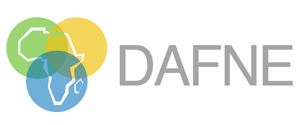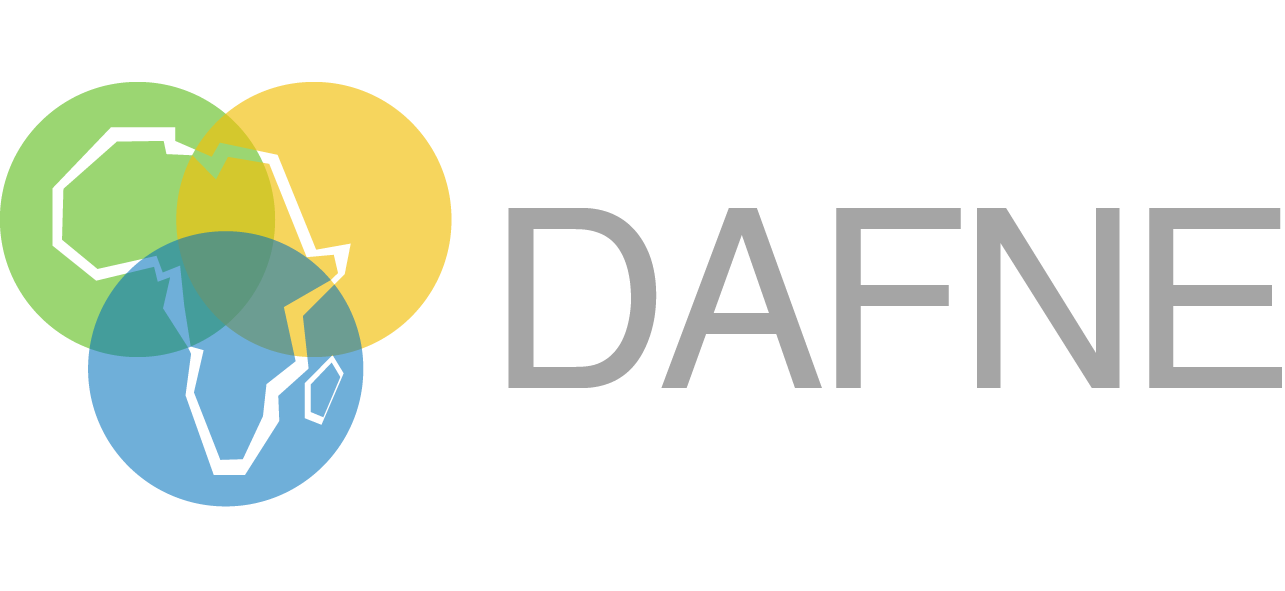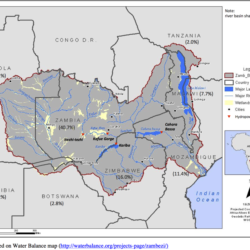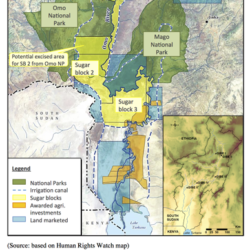PROJECT
The DAFNE project
Trans-boundary basins, developing countries, integrated water resources management, decision-analytic framework, sustainable development, interdisciplinary, Participatory and Integrated Planning.
Global trends in population growth and rising economic prosperity will increase the demand for energy, food and water, with more severe impact in fast-growing economies, such as in several African countries. The constraints on water, energy, and food could well hamper economic development, lead to social and geopolitical tensions, and cause lasting environmental damage. DAFNE advocates an integrated and adaptive water resources planning and management approach that explicitly addresses the water-energy-food (WEF) nexus from a novel participatory and multidisciplinary perspective. This includes social, economic, and ecologic dimensions, involves both public and private actors and is socially inclusive, enhances resource efficiency and prevents the loss of ecosystem services in regions where large infrastructures exist or are being built and intensive agriculture is expanding. A decision-analytic-framework (DAF) will be developed to quantitatively assess the social, economic, and environmental impact of expanding energy and food production
in complex physical and political contexts, where natural and social processes are strongly interconnected and the institutional setting involves multiple stakeholders and decision-makers. The DAFNE approach will be demonstrated by analysing two cross-boundary case studies, the Zambezi and the Omo river basins. The WEF nexus will be quantified and analysed as the trade-off between conflicting objectives such as hydropower production vs irrigation, land exploitation vs conservation, etc. The nexus will be translated in economic values and impact on growth, ecosystems and ecosystem services. DAFNE will allow a better understanding of the WEF nexus, and generate and explore alternative planning and management solutions based on the cooperation of public and private stakeholders, which foster the profitable but equitable use of resources without transgressing environmental limits or creating societal and/or stakeholder conflicts.



